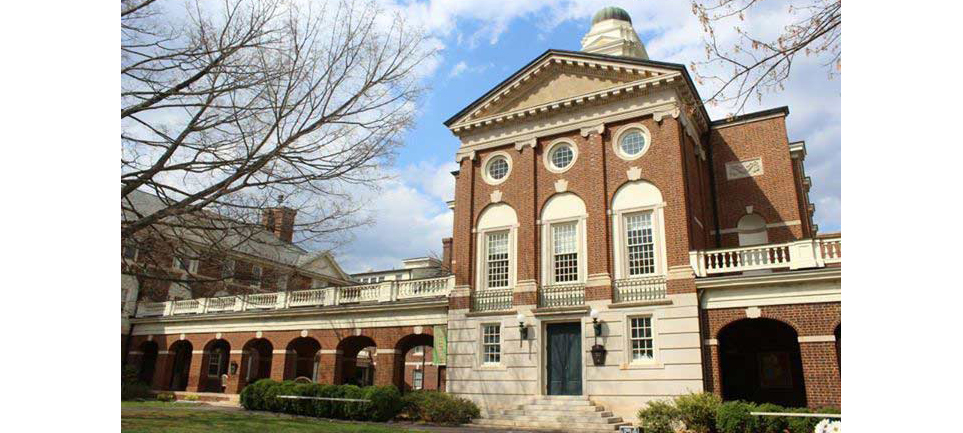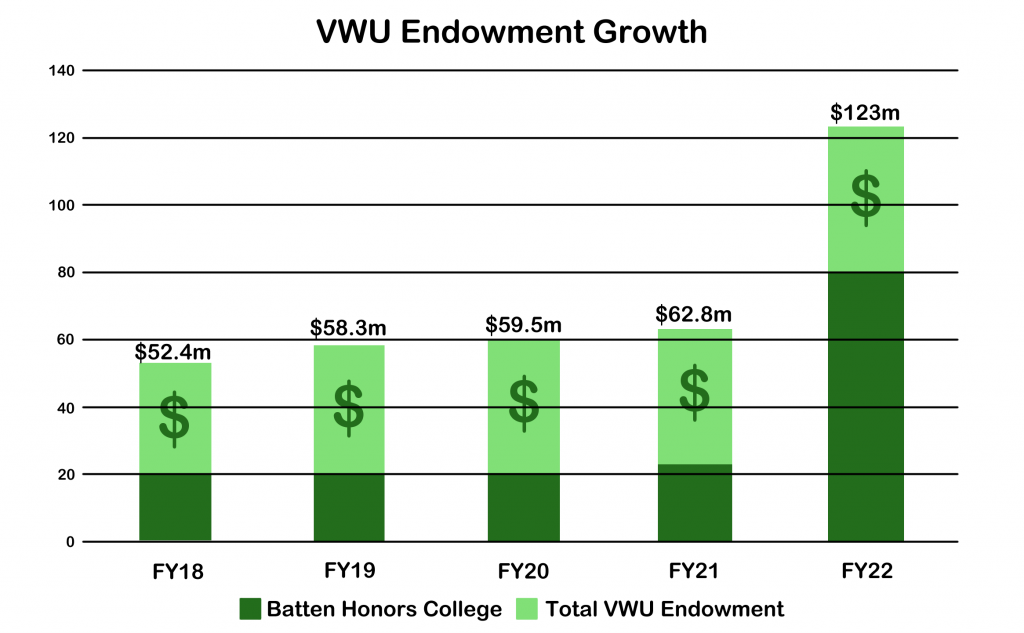
By Michael Wilson
Fellow liberal arts institution Sweet Briar College announced on March 3, 2015 that it would be closing permanently after the spring semester for financial reasons.
Located in Amherst County, Virginia, Sweet Briar College is a women’s liberal arts institution that was established in 1901. Despite the school’s long history, it was facing problems with finances and enrollment. The school had only 700 students and was giving out discount rates on tuition to attract students. An article in The Washington Post reported that discount rates were as high as 60 percent. The school was also not able to function on its $84 million endowment. The board of directors decided that its only option was to close the school.
Virginia Wesleyan College administration expressed their sympathies for Sweet Briar.
“We have responded with enormous sadness,” said Virginia Wesleyan President Dr. William Greer. “One of the things that makes Virginia such a good place to live is our so many wonderful higher education institutions. When we lose one, it’s like losing a member of the family.”
Colleges and universities throughout the country have reached out to Sweet Briar and offered enrollment for their students. Hollins University and Mary Baldwin College, two women’s institutions in Virginia, will be taking in a large number of Sweet Briar students. A number of coed institutions have reached out as well, including Virginia Wesleyan.
It has not been confirmed that any Sweet Briar students will be transferring to Virginia Wesleyan, but a couple of students have expressed interest.
“We are currently working with several young ladies from Sweet Briar and [. . .] have just admitted one of their young ladies to our campus and will see if she ultimately enrolls,” said Dean of Admissions Nelson Davis.
Sweet Briar students who decide to transfer to Virginia Wesleyan might need to make some adjustments.
“In our case, there are two very big distinctions with VWC verses Sweet Briar. One is that we’re coeducational. So being around guys will be a difference,” said Davis. “Another is Hampton Roads verses Amherst, Virginia. They’re a very rural community. We’re a very urban community.”
Although there are some differences between the two institutions, they both share the distinctions of being a small liberal arts college.
“On the positive side, they’re small and we’re small, so there’s a connection there. They’re a liberal arts college and we’re a liberal arts college, so that’s another connection,”said Vice President of Student Affairs and Dean of Enrollment Services David Buckingham. “I think the folks who have made applications are from the area, so that will ease the transition. They’re accustomed to having good faculty and they’ll get that here as well. I think it will be a win-win for everyone.”
Both women’s and liberal arts colleges have faced difficulties with enrollment and finances in the past few years. A number of all women institutions have either shut down or switched to coed. Randolph College, formerly Randolph-Macon Woman’s College, went from being all women to coed in 2007.
Vice President of Academic Affairs Dr. Timothy O’Rourke believes that Virginia Wesleyan does not need to worry about having the same fate as Sweet Briar.
“We’re literally in a different place. Our enrollment has been going up. A few years ago, we had 1100 students in our day program. We’re now up to 1400 students. We sit in the middle of the 34th largest metropolitan area. We’re the only small, private, liberal arts college in the Hampton Roads. So, as I like to say to people ‘We’re an institution swimming in a sea of opportunity,’ but we have to pay close attention to our finances to become a better institution. We have to be attentive and focused, and we are,” said O’Rourke.
President Greer encouraged Sweet Briar students to come take a look at Virginia Wesleyan.
“We’re here, we’re open for business. We will encourage them to come and look at us. Don’t just say, ‘Oh they’re coed, I don’t want to look at them,’ Come meet our students, meet our faculty. Attempt to get to know something about us and know our culture here. We will do anything that we can do to help make the transition,” said Greer.

